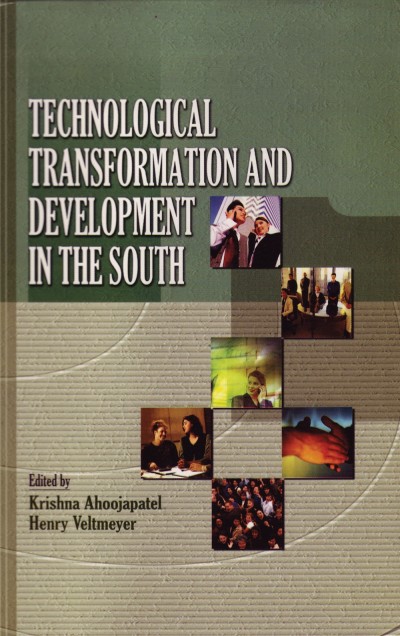
Krishna Ahoojapatel
Krishna Ahoojapatel holds a PhD degree in international relations from the University of Geneva and is a Barrister-at-Law from the Inner Temple, London. She studied Political Science in Aligarh University in India. She is currently UN and ILO representative of Women’s International League for Peace and Freedom (WILPF).
For several years, Dr. Ahoojapatel worked as a lawyer and a journalist. She has been legal consultant to the Industry Division of the UN Economic Commission for Africa in Addis Ababa (Ethiopia) and a staff member at the International Labor Office in Geneva, where her areas of work included employment, migration, labor law and economic development issues. At the ILO, she also worked in the Office for Women Workers’ Questions, where she became the editor of the only UN newsbulletin Women at Work. Krishna was also the Deputy Chief of Research and Training and Deputy Director at the United Nations International Research and Training Institute for the Advancement of Women (INSTRAW), Santo Domingo, Dominican Republic. More recently, she was the President of the Women’s World Summit Foundation (Geneva), where she edited their global newsletter called Seventy-Five Percent, and President of the Women’s International League for Peace and Freedom (WILPF), where she edited the WILPF Newsletter, International Peace Update. In December 2004, Dr. Ahoojapatel was elected the President of the NGO Committee on the Status of Women, Geneva — an umbrella organization to which over 35 international NGOs are affiliated. In January 2005, she received an award on Global Friendship in Bombay (India).
Books by Krishna Ahoojapatel
Technological Transformation and Development in the South
by Krishna Ahoojapatel, Surendra J. Patel and Henry VeltmeyerDevelopment Has a Woman’s Face
by Krishna Ahoojapatel



